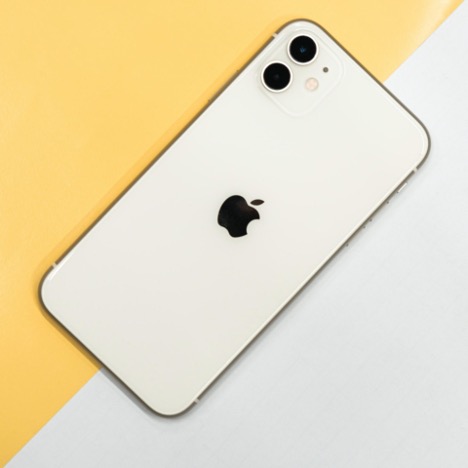The Ultimate Guide to Protecting Your iPhone in 2021
If, like many people, you think your iPhone is impervious to digital threats, you may need to think again. In 2021, it’s becoming increasingly obvious that iOS threats are on the rise, and that Apple iPhones are not the bastions of security they once were.
This year, Apple was forced to rush and fix a zero-day threat that affected both iOS and iPadOS. The bug was actively exploited by threat actors before Apple managed to mitigate the issue.
And this is just one example. In 2021 and beyond, it only makes sense to protect your device given the breadth and scope of the threat landscape.
Not to mention, Apple iPhone are not exactly cheap, after all. You have spent a pretty penny on your phone so to enjoy it as long as possible, protect it with all the tools at your disposal. Here’s how:
1. Keep your iOS updated, always
Apple released iOS updated to patch any known issues, bugs, or exploits. So if you’re running an outdated version of the Apple operating system, you may be leaving yourself and your device open to attackers.
Luckily, there’s a really simple fix here: always keep your iOS updated to the latest version. Even if iOS updates annoy you, they’re an absolute necessity.
2. Research your apps
Unfortunately, not every app on Apple’s App Store is legitimate. Although the tech giant has strict controls in place to prevent fraudulent apps appearing in its store, a few still make it past the safety net.
For example, this year a fake version of the Trezor app was available to download from the App Store. One unlucky user checked the reviews, saw plenty of five star ratings, and downloaded the realistic fake app. According to the Washington Post, he consequently lost his life savings — 17.1 Bitcoin, then worth around US$600,000.
The moral of the story is to research the apps you’re downloading carefully and only download apps you really need.
3. Avoid open public WiFi networks
Free public WiFi networks might be an absolute boon when it comes to convenience, but from a cybersecurity perspective, they’re a bane. Open access WiFi is kind of like a digital wild west, with threat actors lurking around each virtual corner and a full suite of nasties waiting to infect your devices.
If you rely on public WiFi and use it often, you need to take steps to anonymize your device and shield your internet activity from would-be snoops. Use an iPhone VPN to create a private browsing network and stay safe, even on open-access networks.
VPNs, or Virtual Private Networks, protect you by encrypting all your data traffic. So even if a threat actor somehow manages to sport your activity, they cannot decode the data transmissions you are making.
4. Use security software
Above and beyond using a VPN, you should also look into additional security software for your iPhone. Most individual users can get enough protection with a VPN, antivirus, and antimalware.
Although many people think that iOS cannot be infected by malware, that’s not true and malware that targets iPhones is on the rise in line with an increasing user based.
A word to the wise here: always choose high-quality paid software providers.
5. Beware of suspicious links
If you receive a link in a document, email, or even text message, be very careful about opening it. Phishing is still a key security threat in 2021 precisely because it is so effective. Before opening a link ask yourself several questions:
- Is this message and link unsolicited?
- Do I know the sender personally?
- Is opening this link worth the risk?
6. Practice good digital hygiene
Adhere to the basics of good digital hygiene and instantly boost your iPhone’s security status. By digital hygiene we mean things like:
- Using strong passwords
- Enabling two-factor authentication
- Signing out of accounts that are not in daily use
- Not repeating passwords across accounts
- Not keeping any password information on the device itself
7. Enable Apple’s native security tools
Make good use of the native iOS security tools at your disposal by enabling brute-force detection, Find my iPhone, and two-factor authentication.
While Apple iPhone are relatively resilient in the face of cyber threats, they are not impenetrable digital fortresses. To keep your iPhone in the best possible health (and your data and personal information safe) follow the steps we’ve listed here.

